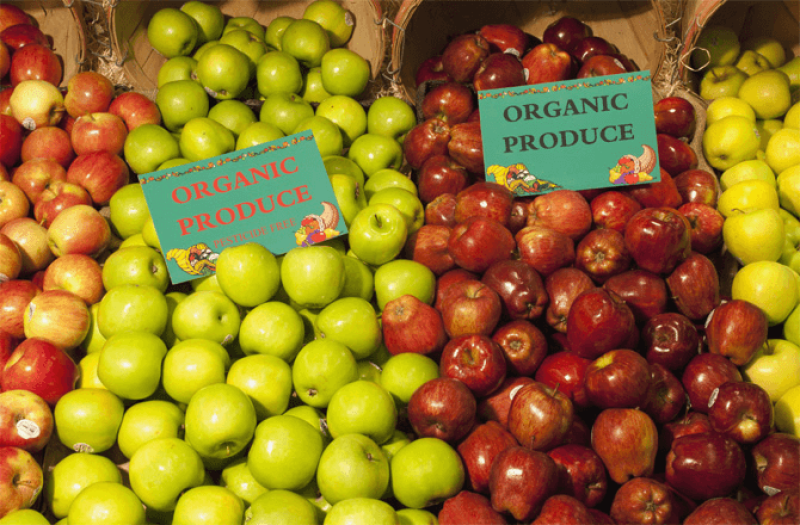There are more and more people in the world who are getting richer and are therefore eating more and more meat. For some it is clear that agriculture must massively expand its production. The others are demanding the opposite: Because farms have massively increased their production in the past, the environment is suffering enormously, which is why we need less yield and more nature, more organic, space for animals.
Both are right? Yes, because the way farming is done today is not sustainable. It is rightly encountering problems of social acceptance, is on the way to destroying hundreds of thousands of species in the world, and its methane, nitrous oxide and CO2 emissions alone could lead to catastrophic climate change.
But it is also true that the space available in the world is limited.
…
Organic farming produces an average of 34 percent less yield than conventional farming on the same area in Austria. In the case of soya, the differences are very small, with a loss of only nine percent. With rye it is 38 percent and with potatoes it is even 49 percent (on average between 2003 and 2015, source here). Globally, the losses are lower – 20 percent on average – but still high.
20 percent less without the use of artificial pesticides and fertilizers: That is quite remarkable and speaks for the knowledge of many organic farmers. But if the demand for food increases by half by 2050 and by 70 percent for food of animal origin by 2050, then these yield losses will hurt twice and three times over.































